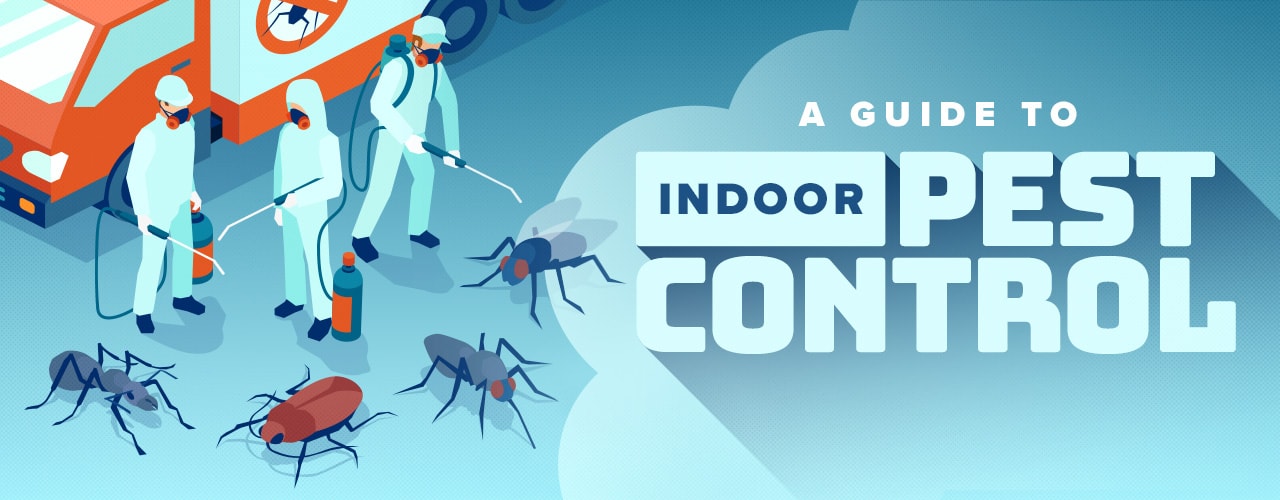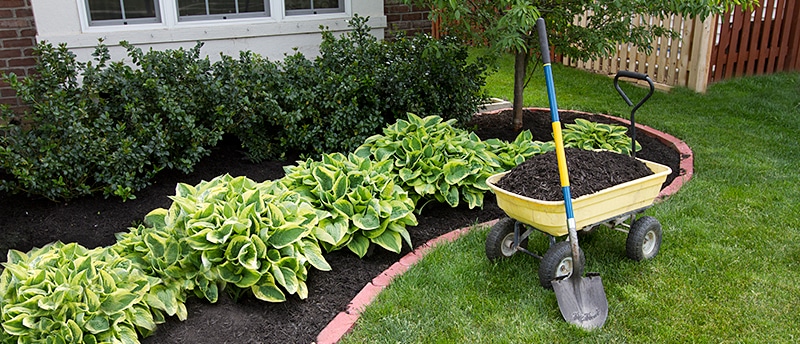
Guardians of Your Garden: Outdoor Pest Extermination

Protecting Your Oasis: The Essentials of Outdoor Pest Extermination
Maintaining a beautiful outdoor space requires more than just landscaping; it involves safeguarding your garden from potential threats. Explore the world of outdoor pest extermination and discover how effective measures can protect your plants, flowers, and overall outdoor environment.
Identifying Common Garden Pests: The First Line of Defense
Before implementing any pest control measures, understanding the specific pests in your area is crucial. Common garden pests include aphids, spiders, snails, and various insects. Identifying these intruders is the first step towards effective outdoor pest extermination.
Natural Repellents: Harnessing Nature’s Defense Mechanisms
One eco-friendly approach to outdoor pest extermination is the use of natural repellents. Plants like lavender, marigold, and citronella emit scents that deter pests. Incorporating these plants into your garden not only adds beauty but also acts as a natural defense against unwanted invaders.
Beneficial Insects: Nature’s Pest Control Squad
Introducing beneficial insects is a sustainable method for outdoor pest control. Ladybugs, lacewings, and predatory beetles are examples of insects that feed on garden pests. Creating an environment that attracts these beneficial insects helps maintain a balanced ecosystem in your outdoor space.
Biological Pest Control: Nurturing Natural Predators
Biological pest control involves releasing natural predators to manage pest populations. This method focuses on maintaining the balance between pests and their predators. For instance, nematodes can be used to control soil-dwelling pests, providing an effective and chemical-free solution.
Chemical-Free Sprays: Gentle yet Effective Solutions
For those seeking a balance between effectiveness and environmental impact, chemical-free sprays can be a suitable option. Neem oil, garlic spray, and soap-based solutions are examples of gentle yet effective treatments that help combat common garden pests without harming beneficial insects.
Professional Pest Inspection: Identifying Hidden Threats
In some cases, professional pest inspections become necessary, especially when dealing with persistent or hidden pests. Pest control experts can assess the situation, identify specific threats, and recommend targeted strategies for outdoor pest extermination.
Seasonal Pest Management: Adapting to Nature’s Rhythms
Different seasons bring varying pest challenges. Understanding the seasonal patterns of pests allows for proactive pest management. Whether preparing for spring aphids or fall spider mites, adapting your pest control approach to the changing seasons enhances its effectiveness.
Organic Soil Management: Strengthening Plant Immunity
Healthy plants are naturally more resistant to pests. Implementing organic soil management practices, such as composting and using natural fertilizers, strengthens plant immunity. Robust, well-nourished plants are better equipped to resist and recover from pest infestations.
Kang Zen at Home: Your Partner in Outdoor Pest Extermination
For comprehensive outdoor pest extermination solutions, Kang Zen at Home offers expertise in sustainable pest control. Visit Kang Zen at Home to explore effective measures tailored to your garden’s needs. Our commitment to environmentally conscious pest control ensures a harmonious and pest-free outdoor space.
Conclusion: Nurturing a Pest-Free Paradise
In conclusion, outdoor pest extermination is a multi-faceted approach that involves understanding, prevention, and intervention. Whether harnessing the power of natural repellents, introducing beneficial insects, or seeking professional assistance, nurturing






